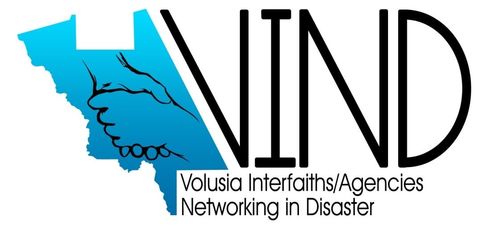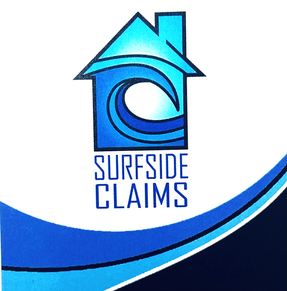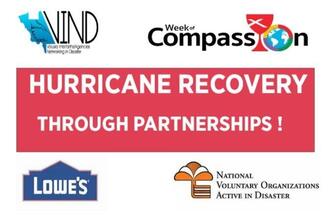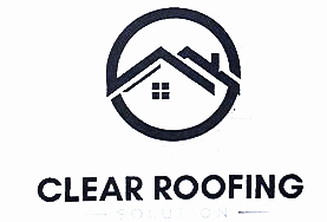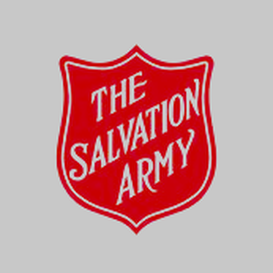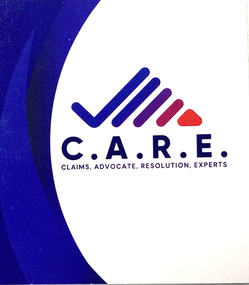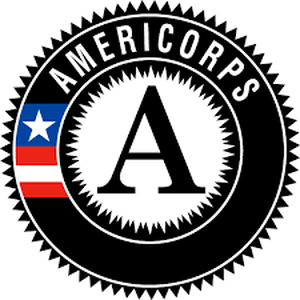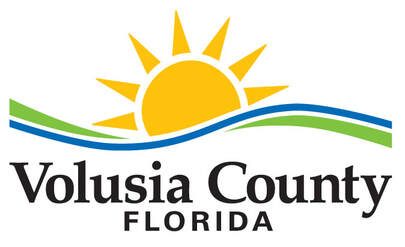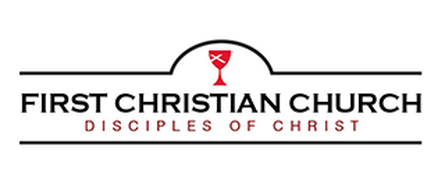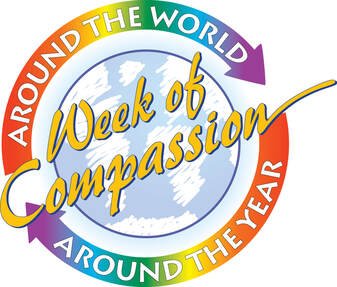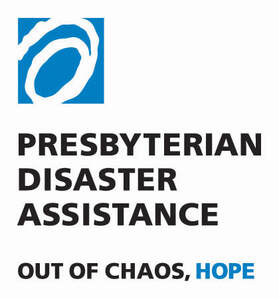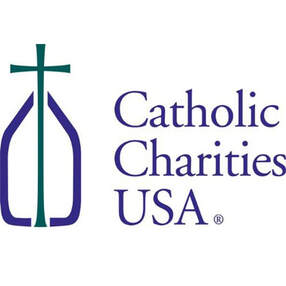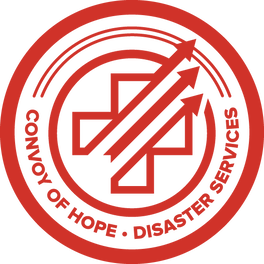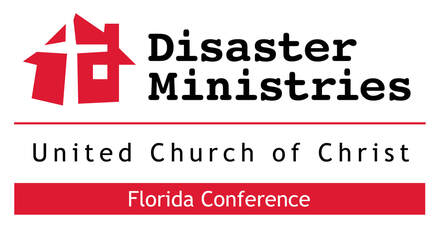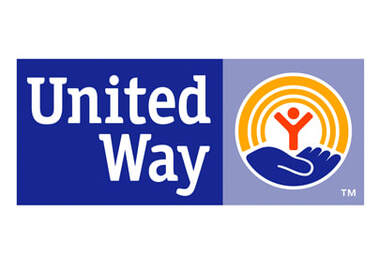VIND Partnering Organizations
How to get help
If you are in need of assistance because of a disaster in Volusia County, contact us by calling the number below, write to us at the address stated here, or email us if you can get to a computer.
Volusia Interfaiths/Agencies Networking In Disaster (VIND)
326 S. Palmetto Ave.
Daytona Beach, FL 32114
Main Number: (386) 255-5510
Email: [email protected]
EMAIL: [email protected]
County & City disaster Funds Might Still be available
As a client of VIND, you have the right to ...
1. Be treated in a professional, courteous and caring manner that respects and appreciate differences related to race, ethnicity, national origin, sexual orientation, religion, personal values, age, disability and economic or veteran status.
2. Receive respectful treatment from others, including staff, volunteers and other clients.
3. Be fully informed about client services provided to you and to be told who will be providing the services. You also have the right to accept or decline these services.
4. Receive accurate and relevant information in a timely manner and in a manner understandable to you.
5. Confidential treatment of your information. Your personal privacy will be protected to the greatest extent permitted by law. When your information is shared, it will only be the minimum needed to obtain the goods or services you need.
6. Compliment or complain about services you receive from this organization. Complaints will be addressed appropriately and in confidence.
7. Withdraw your request for services at anytime.
It is your responsibility to...
1. Share in the decision making process when developing a recovery plan in consultation with the case manager.
2. Take an active role in your recovery by following the recovery plan and by exploring all available resources to the best of your ability.
3. Provide accurate information about your situation, and to keep the case manager informed of your changing situation.
4. Ask for help and assistance when needed.
5. Treat others with respect.
6. Accept the limitation of the organization's assistance and services.
7. Distinguish between what you would ideally like to have and what you actually need in order to achieve recovery.
1. Be treated in a professional, courteous and caring manner that respects and appreciate differences related to race, ethnicity, national origin, sexual orientation, religion, personal values, age, disability and economic or veteran status.
2. Receive respectful treatment from others, including staff, volunteers and other clients.
3. Be fully informed about client services provided to you and to be told who will be providing the services. You also have the right to accept or decline these services.
4. Receive accurate and relevant information in a timely manner and in a manner understandable to you.
5. Confidential treatment of your information. Your personal privacy will be protected to the greatest extent permitted by law. When your information is shared, it will only be the minimum needed to obtain the goods or services you need.
6. Compliment or complain about services you receive from this organization. Complaints will be addressed appropriately and in confidence.
7. Withdraw your request for services at anytime.
It is your responsibility to...
1. Share in the decision making process when developing a recovery plan in consultation with the case manager.
2. Take an active role in your recovery by following the recovery plan and by exploring all available resources to the best of your ability.
3. Provide accurate information about your situation, and to keep the case manager informed of your changing situation.
4. Ask for help and assistance when needed.
5. Treat others with respect.
6. Accept the limitation of the organization's assistance and services.
7. Distinguish between what you would ideally like to have and what you actually need in order to achieve recovery.
